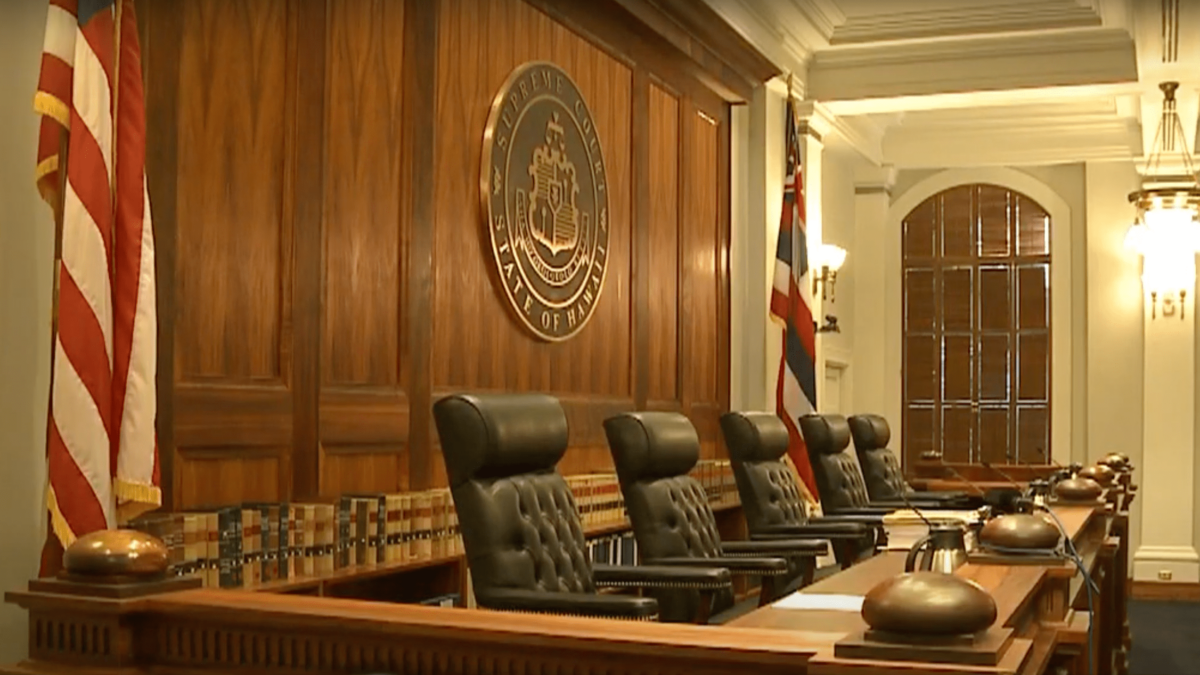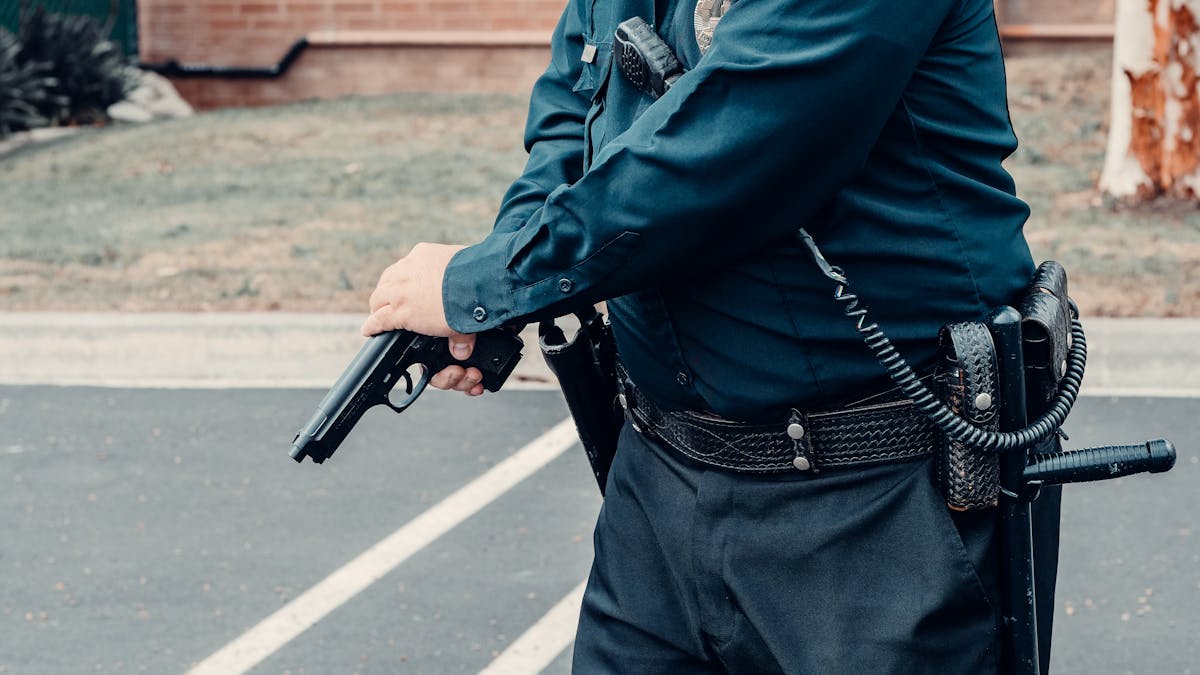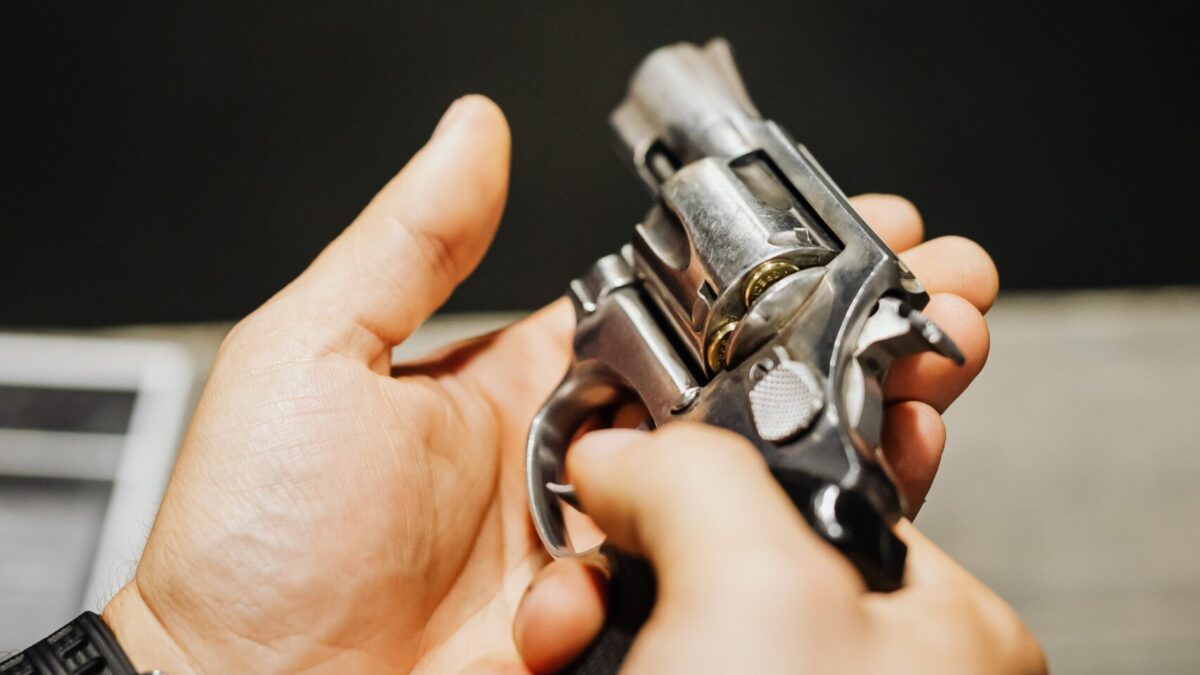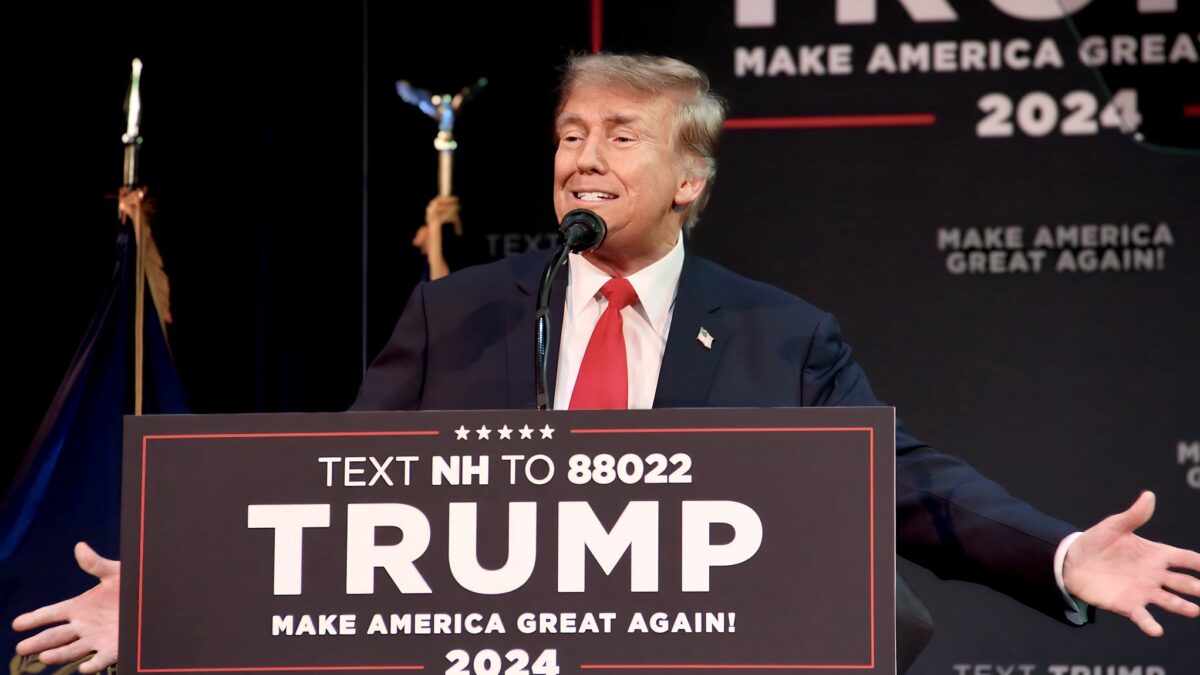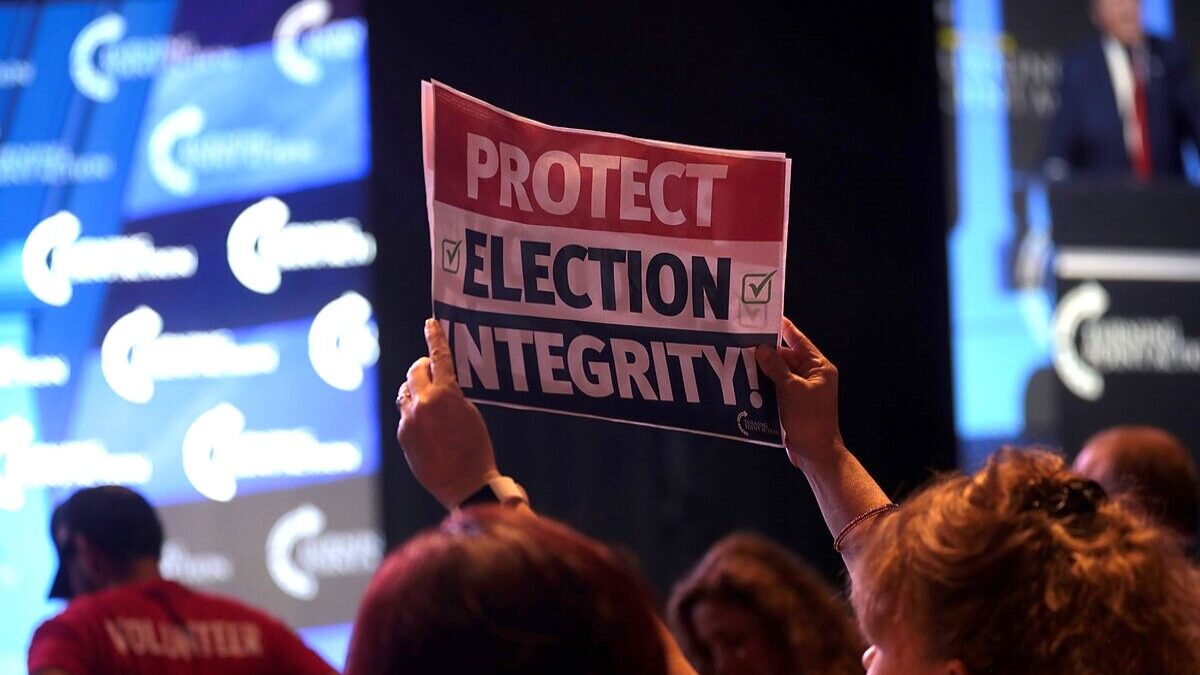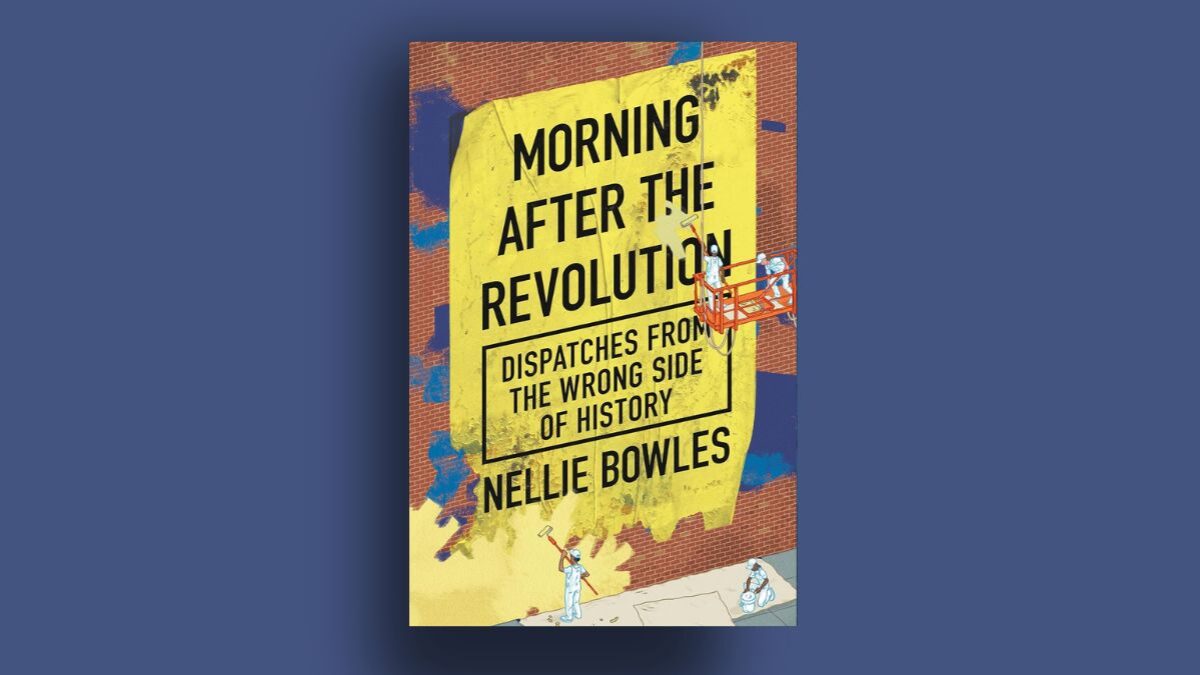The Hawaii Supreme Court issued a decision on Wednesday formally infringing on island residents’ right to keep and bear arms because justices claimed guns interfered with the “Spirit of Aloha.” The ruling seeks to nullify not only the authority of the Consitution but also the Supreme Court’s longstanding interpretation of Americans’ Second Amendment protections.
The U.S. Supreme Court held in its 2022 New York State Rifle & Pistol Association Inc. v. Bruen decision that citizens’ constitutional right to keep and bear arms for self-defense requires no demonstration of a “special need” like New York required for its unrestricted concealed-carry licenses. Before that, the highest court in the land found in its 2008 District of Columbia v. Heller decision that DC could not ban handgun possession in the home because, under the Second Amendment, American civilians, not just military personnel, have the right to own firearms and use them for lawful self-defense.
Justices in the Hawaii court rejected both examples of the top court’s jurisprudence when they upheld a conviction for island resident Christopher Wilson, who was charged in 2017 after carrying a loaded gun without a concealed weapons permit.
The state court claimed Wilson could not use Bruen to argue his “constitutional right to protect
himself” because he is not a “well-regulated militia” and he did not apply for a concealed carry weapons permit (CCW). The justices claimed that, under the 1968 political interpretation of Hawaii’s 1950 constitution, “the historical background of the Second Amendment indicates that the central concern in the right to bear arms was the right of the states to maintain a militia.”
“When the Hawaiʻi Constitution was first ratified, courts throughout the nation’s history had always interpreted and applied the Second Amendment with the militia-centric view,” the court wrote. “This was what everyone thought.”
Except it was not. The Supreme Court has repeatedly ruled that the Second Amendment describes an individual right to possess firearms, not just a military one.
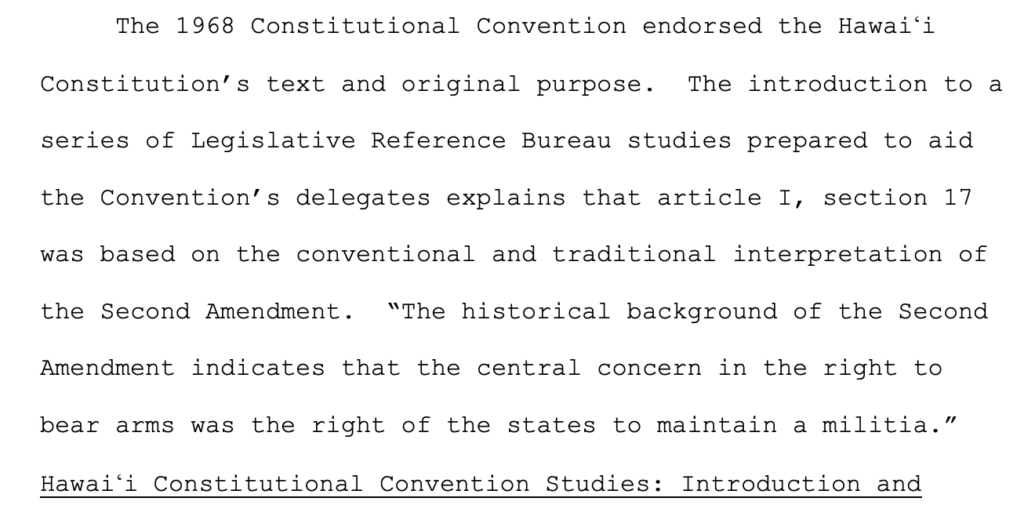
Additionally, even if Wilson initiated the permit process, he almost assuredly would not have received approval. Before Bruen, the Hawaii police chiefs in charge of issuing CCWs only awarded six in 21 years.
The court didn’t just affirm Wilson’s conviction. It also used omissions of guiding principles and law and ahistorical, sort of fake Warren Burger quotes to make sweeping conclusions about the existence of gun rights based on the islands’ cultural history before statehood instead of American legal tradition.
“The spirit of Aloha clashes with a federally-mandated lifestyle that lets citizens walk around with deadly weapons during day-to-day activities,” the court wrote. “The history of the Hawaiian Islands does not include a society where armed people move about the community to possibly combat the deadly aims of others.”
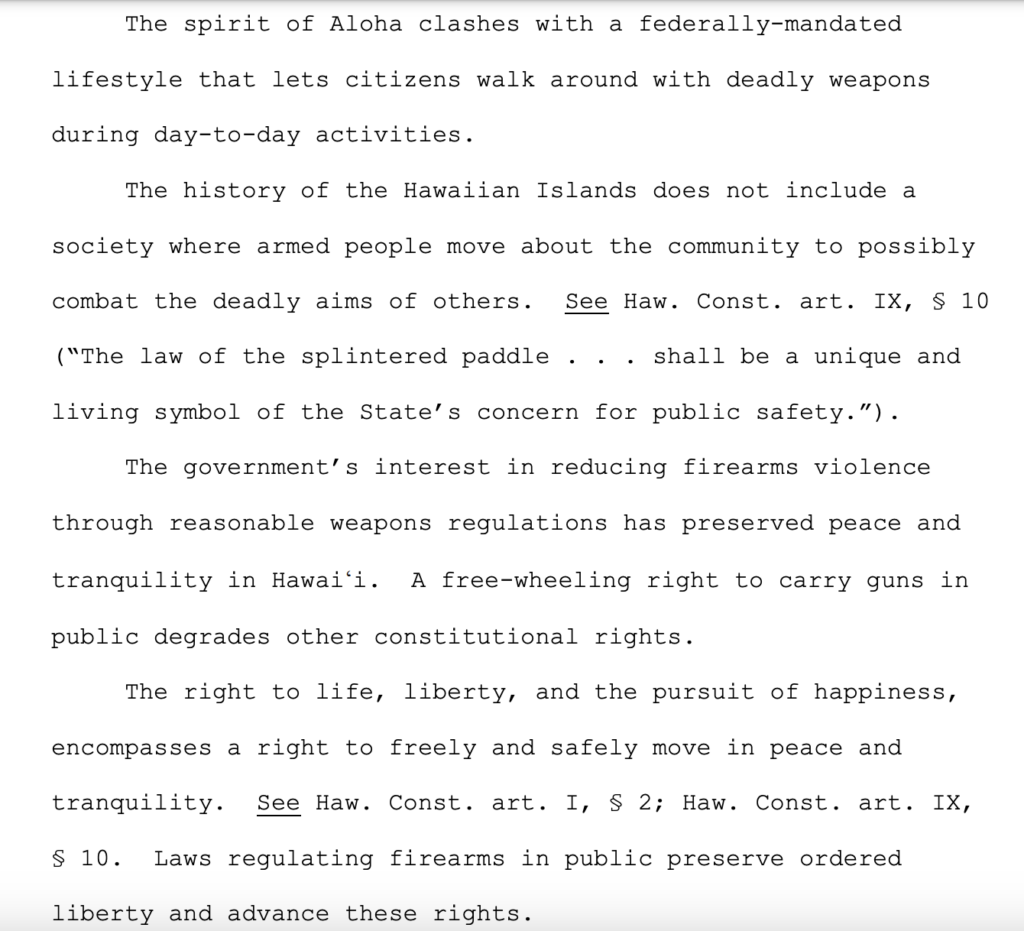
In invoking the whims of the “Hawaiian Islands” instead of our nation’s principles, the court admitted the broader goal of its decision was to disregard both the Supreme Court and the Constitution’s sovereignty.
“The United States Supreme Court disables the states’ responsibility to protect public safety, reduce gun violence, and safeguard peaceful public movement,” the justices claimed.
The first line of the Hawaii court’s firearm ruling acknowledges that “Article I, section 17 of the Hawaiʻi Constitution mirrors the Second Amendment to the United States Constitution” in affirming “the right of the people to keep and bear arms shall not be infringed.”
Yet, the justices claimed that Hawaii has “no state constitutional right to carry a firearm in public.”
“Conventional interpretive modalities and Hawaiʻi’s historical tradition of firearm regulation rule out an individual right to keep and bear arms under the Hawaiʻi Constitution,” the decision states.

Even if Hawaii’s governing document did not explicitly affirm its citizens’ right to bear arms as it does, Article VI, Paragraph 2 of the Constitution establishes the federal principles and laws enacted in 1787 as the “supreme Law of the Land.”
The Aloha bench once again rejected the supremacy of the federal court when it claimed that its twisted interpretation of Hawaii’s constitution would supersede any rights outlined by the Founding Fathers.
“We believe that the proper sequence to consider matching constitutional text is to interpret the Hawaiʻi Constitution before its federal counterpart,” the decision documents say.
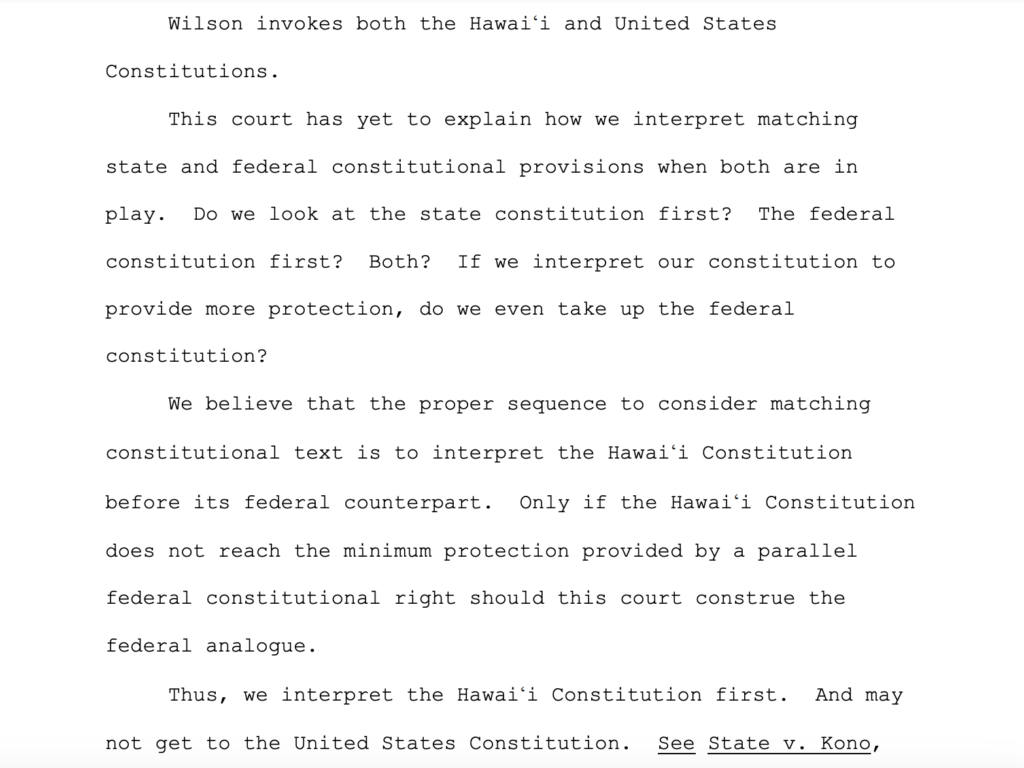
Hawaii’s rejection wasn’t backed by philosophical reasoning or a profound understanding of the law. Rather, it was rooted in a quote about the “old days” from the HBO television drama series “The Wire.”
“As the world turns, it makes no sense for contemporary society to pledge allegiance to the founding era’s culture, realities, laws, and understanding of the Constitution,” the justices wrote. ‘The thing about the old days, they the old days.’”

The Hawaii court’s scrutiny of the Supreme Court for “handpick[ing] history to make its own rules” didn’t stop at guns. It also included a jab at “the Dobbs majority” for using “historical fiction” to repeal Roe v. Wade in 2022.
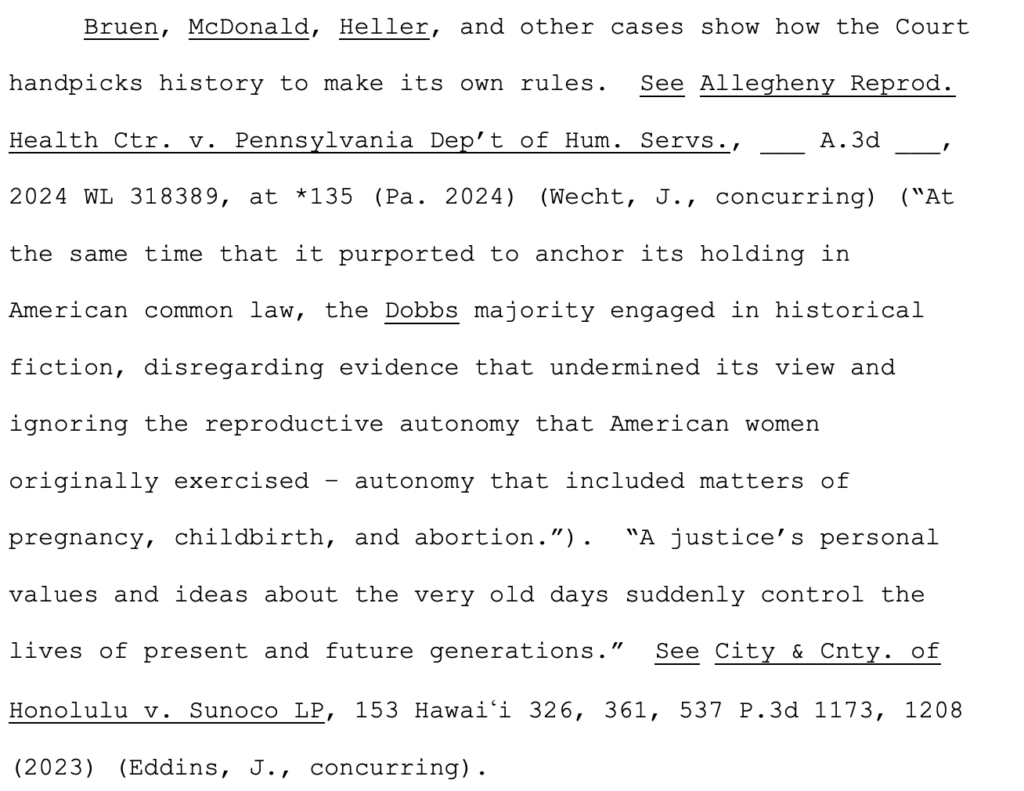
There’s no doubt that the activist Hawaii court’s Feb. 7 decision sets a dangerous precedent. The justices’ blatant disregard for the superiority of the Supreme Court and the Constitution not only poses a grave threat to Americans’ rights. But, if left unchecked, it could easily inspire other blue states that disagree with the nation’s founding principles to defy much more than the Second Amendment.
